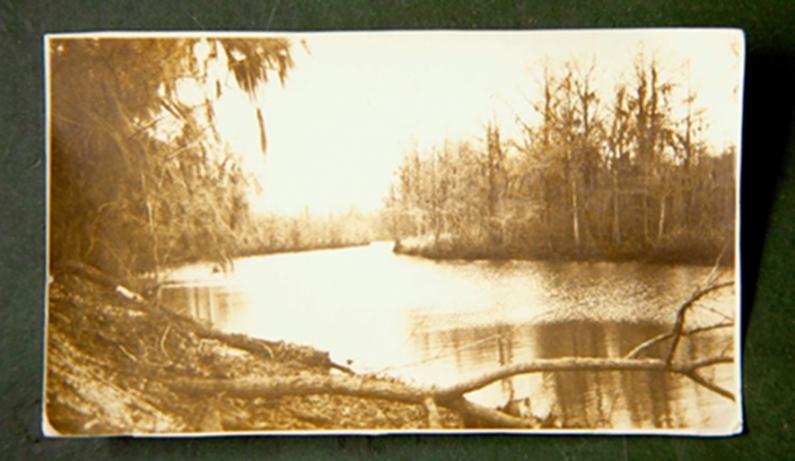Dec 8-18, 2016
The Passage of Nature
- 00:00
- Exhibition
- Dept. DastonLibrary
- Ana María Gómez López
About
The Passage of Nature is a four-piece installation based on taphonomy—the study of physical forces that integrate organic remains into a surrounding environment or preserve them as fossils across geological time. Each piece references photography and printed matter produced by Johannes Weigelt (DE) and Ivan Efremov (former USSR), paleontologists whose individual work initially defined this area of inquiry in the first half of the 20th century. The specific images represented, the processes chosen for their printmaking, and their precise placement within the MPIWG library all relate to particular moments in the early development of this field. The fragility of the images and their installation presents taphonomy as an invisible collection of fragments—animal and plant remains both from the immediate present to the distant past—as well as a discipline formed through the accrued observation of these ephemeral moments.
Max-Planck-Institut für Wissenschaftsgeschichte, Boltzmannstraße 22, 14195 Berlin, Germany

